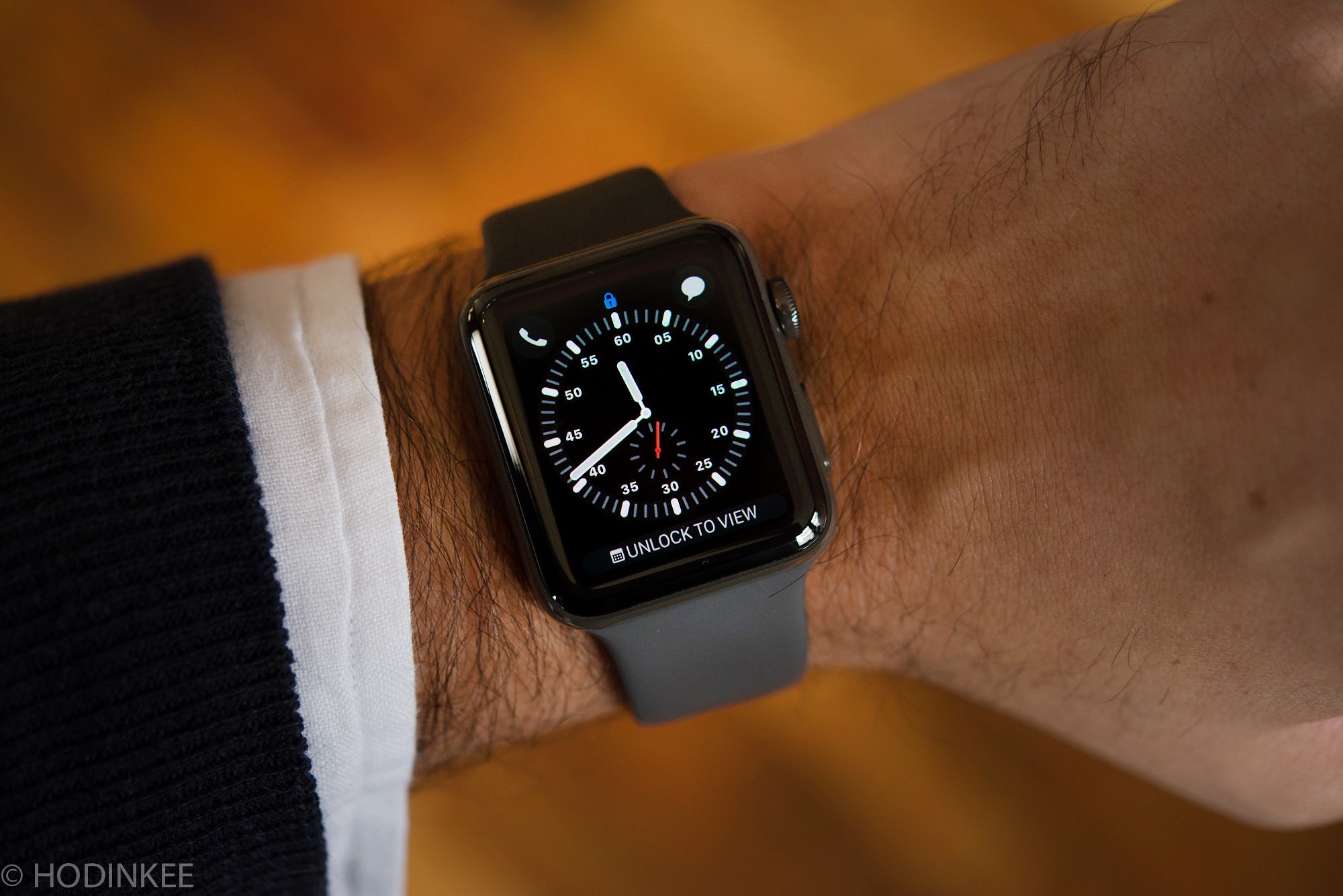Fossil, once a significant player in the smartwatch market powered by Wear OS, has recently declared its departure from the wearables sector. This move leaves only Samsung and Apple as the primary global providers of smartwatches, with Google trailing behind in third place. Fossil’s decision to exit could potentially impact the overall quality and variety of wearables, considering the limited choices available for consumers seeking watches compatible with Android phones.
Recognized for its analog watches, Fossil had been a consistent partner in the development of Wear OS, contributing to its early evolution. However, due to economic considerations, the company has chosen to discontinue its smartwatch line, reallocating resources to its core business segments such as jewelry and leather goods.
At present, the landscape of Wear OS is largely shaped by the deepening collaboration between Google and Samsung. Samsung, with its longstanding presence in the smartwatch market, has continuously refined its Galaxy Watches. Meanwhile, Google’s Pixel Watch, a relatively recent entrant, reflects the company’s distinctive viewpoint on smartwatches.
The Apple Watch stands out for its close integration with the iPhone, offering users an extension of their phones with additional sensors. Similarly, Samsung’s Galaxy Watch seamlessly integrates with Galaxy phones, emphasizing the significance of a strong connection between smartphones and smartwatches produced by the same company.
Fossil’s exit underscores the challenges faced by non-partisan smartwatch manufacturers in competing with the dominant market influence of Apple, Google, and Samsung. With limited alternatives, these tech giants now wield considerable influence over the design and functionality of smartwatches for the majority of users.















































